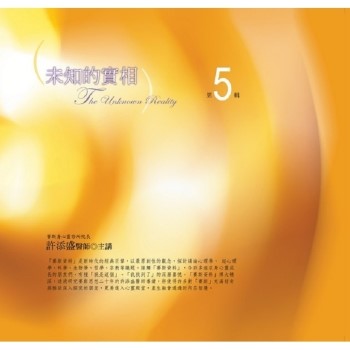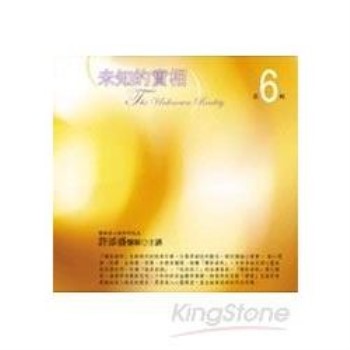In 1973, Billy Graham, "America’s Pastor," held his largest ever "crusade." But he was not, as one might expect, in the American heartland, but in South Korea. Why there?
Race for Revival seeks not only to answer that question, but to retell the story of modern American evangelicalism through its relationship with South Korea. With the outbreak of the Korean War, the first "hot" war of the Cold War era, a new generation of white fundamentalists and neo-evangelicals forged networks with South Koreans that helped turn evangelical America into an empire. South Korean Protestants were used to bolster the image of the US as a non-imperial beacon of democratic hope, in spite of ongoing racial inequalities. At the same time, South Koreans used these racialized transpacific networks for their own purposes, seeking to reimagine their own place in the world order. They envisioned Korea as the "new emerging Christian kingdom," that would beat the American evangelical empire in a race for revival. Yet these nonstate networks ultimately foreshadowed the rise of the Christian Right in the US and South Korea in the 1980s and 1990s. Employing a bilingual and bi-national approach, Race for Revival reexamines the narrative of modern evangelicalism through an innovative transpacific framework, offering a new lens through which to understand evangelical history from the Korean War to the rise of Ronald Reagan.| FindBook |
有 1 項符合
Race for Revival的圖書 |
 |
Race for Revival 作者:Kim 出版社:Oxford University Press, USA 出版日期:2023-11-01 語言:英文 規格:平裝 / 普通級/ 初版 |
| 圖書館借閱 |
| 國家圖書館 | 全國圖書書目資訊網 | 國立公共資訊圖書館 | 電子書服務平台 | MetaCat 跨館整合查詢 |
| 臺北市立圖書館 | 新北市立圖書館 | 基隆市公共圖書館 | 桃園市立圖書館 | 新竹縣公共圖書館 |
| 苗栗縣立圖書館 | 臺中市立圖書館 | 彰化縣公共圖書館 | 南投縣文化局 | 雲林縣公共圖書館 |
| 嘉義縣圖書館 | 臺南市立圖書館 | 高雄市立圖書館 | 屏東縣公共圖書館 | 宜蘭縣公共圖書館 |
| 花蓮縣文化局 | 臺東縣文化處 |
|
|
圖書介紹 - 資料來源:博客來 評分:
圖書名稱:Race for Revival
|










